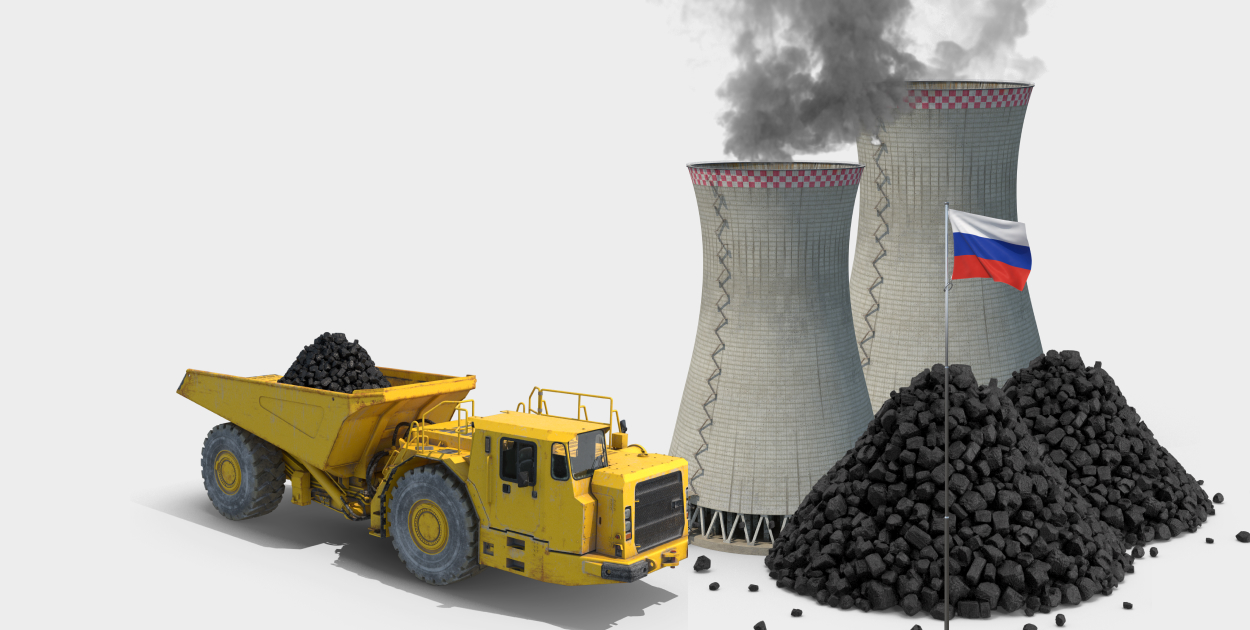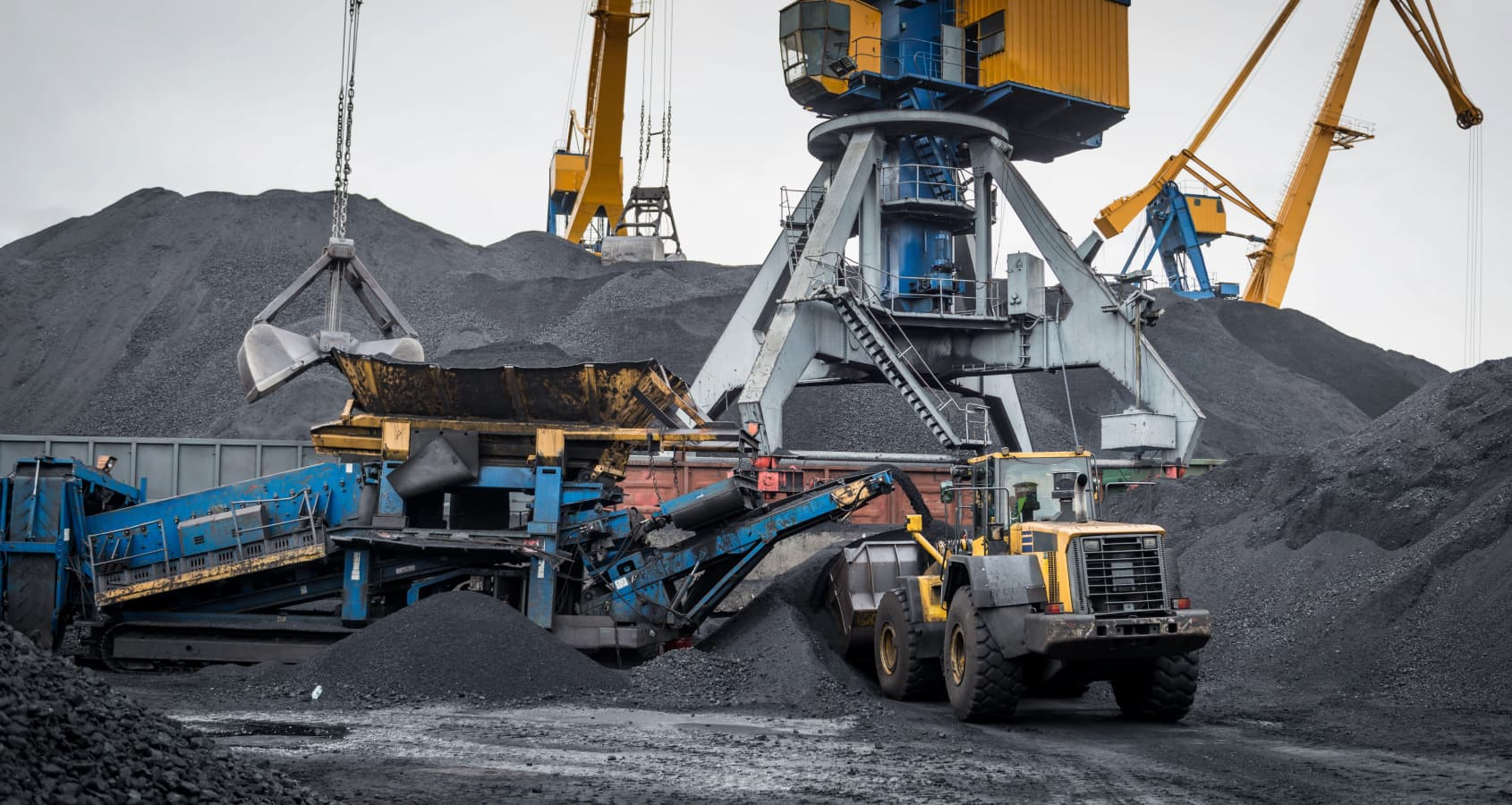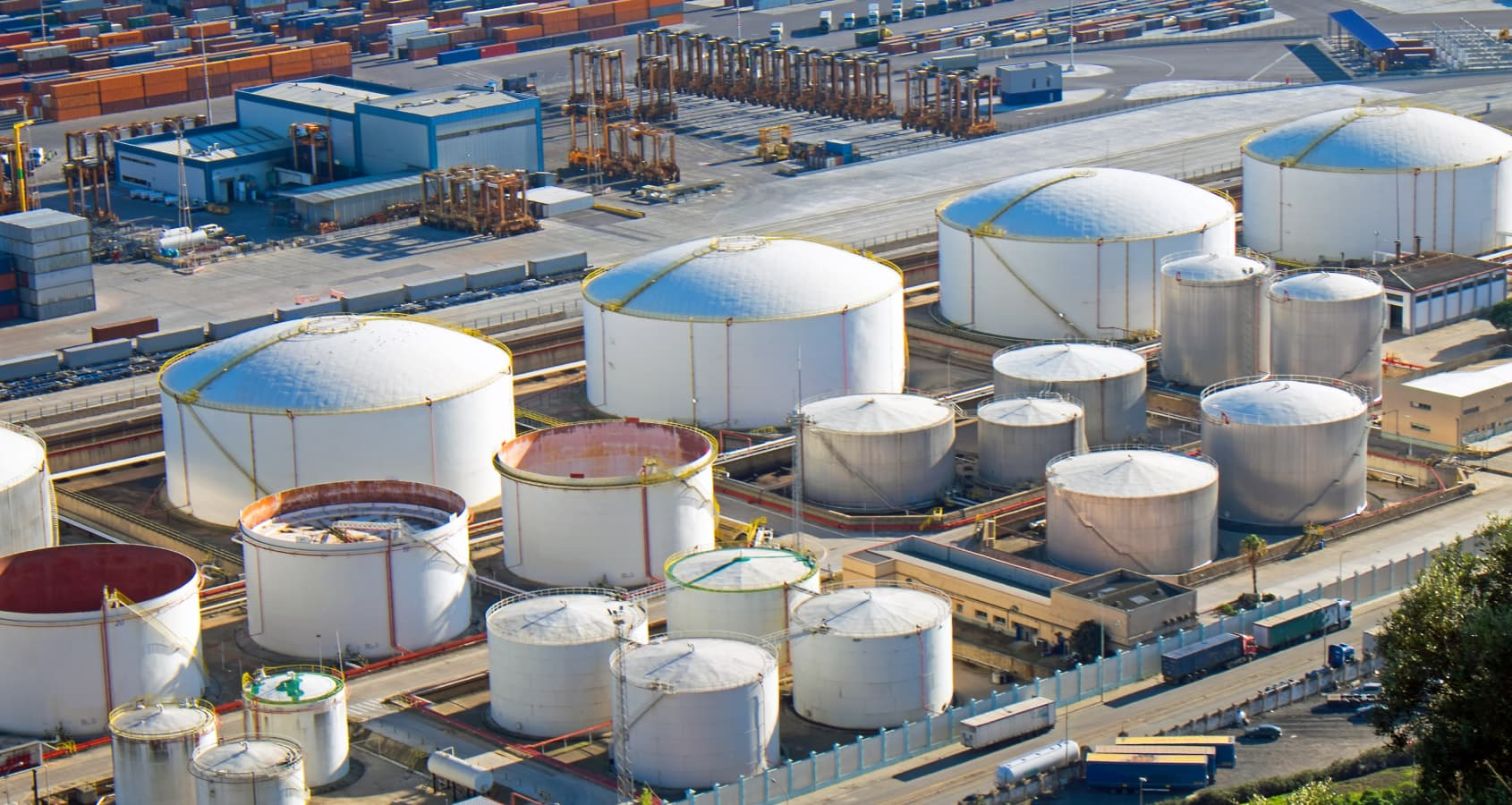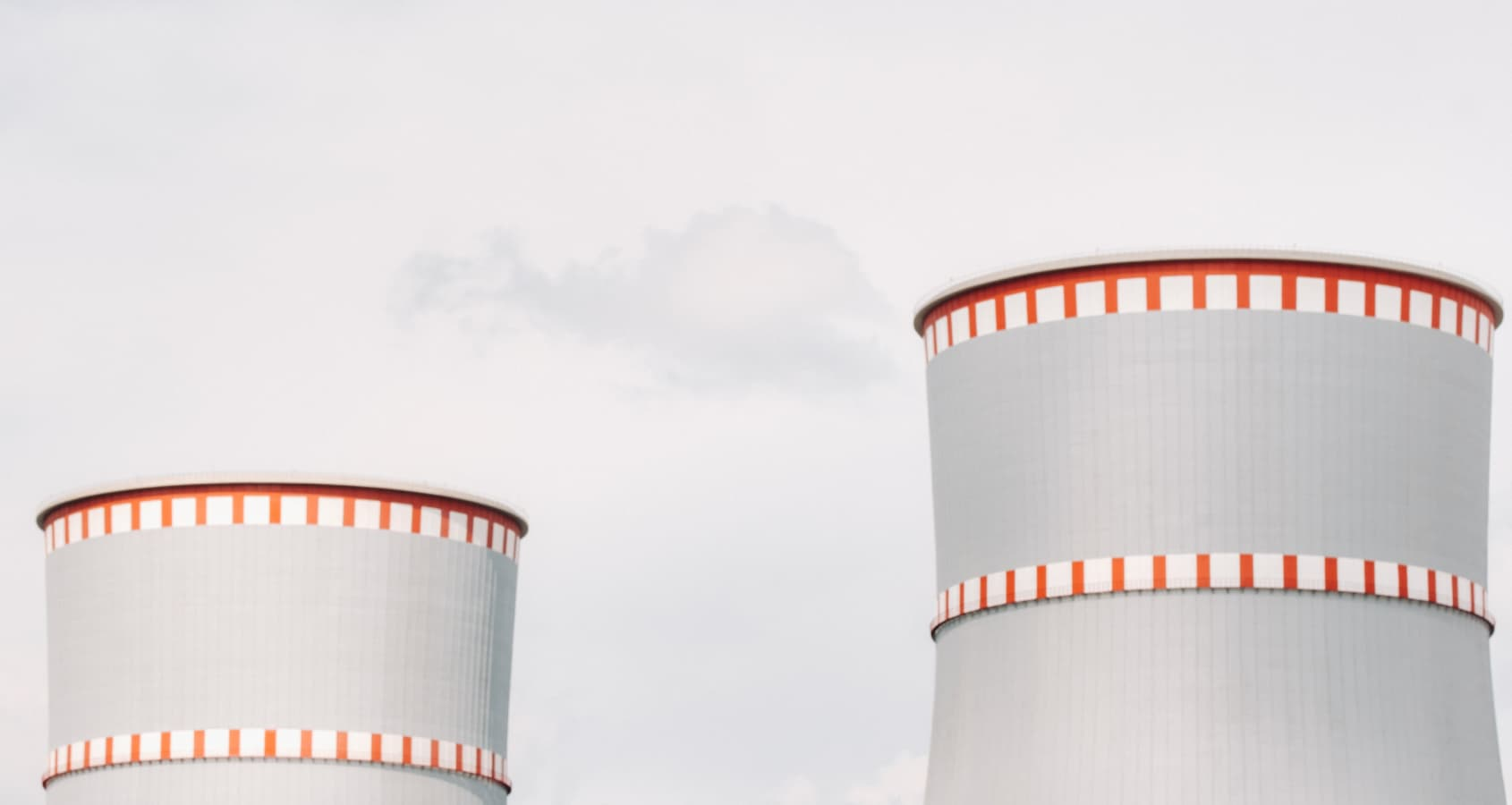Russian energy and war: are sanctions against Russia working?

Within six months, Russia could earn more on energy sales than it spent on a full-scale invasion. This conclusion was made by analysts of the Centre for Research on Energy and Clean Air, having analyzed the sale of coal, oil and gas.
In their research, the analysts used the maximum estimate of Russian spending on the war and their own calculations of Russian earnings. They found that Russia sold 158 billion euros worth of fossil fuels; about half of this amount was paid by EU member states. Russian profits amounted to 43 billion euros.
Coal
The fifth package of EU sanctions, which came into force on August 10, includes a complete ban on the purchase of Russian coal. This step proved to be effective, as in August Russian coal exports fell to the lowest level in six months.
This means that Russia failed to find buyers for the released volume of raw materials. China, India or Turkey do not buy coal in such quantities.

Oil
At the same time, Russia earns more in other markets than it did before the full-scale invasion. This is due to rising energy costs, in particular oil prices.
The EU and the G7 countries did not impose a complete embargo on Russian oil, as this would have created a shortage: world prices would have risen further, which would have played into Russia's hands. Therefore, the West adopted a different policy - a price cap. They will refuse to buy Russian oil at highly speculative prices. 60% of tankers transporting Russian oil belong to the EU. 70% of such vessels are insured in the United Kingdom and Norway. This means that these tankers cannot be used to transport oil at inflated prices, explains Lauri Myllyvirta, the center's lead researcher, at the presentation of the study.
Myllyvirta acknowledges that Russia will use the East Siberia-Pacific Ocean pipeline to circumvent sanctions. However, its capacity will not allow to significantly affect prices. In the end, Russia will face a choice: sell oil at a low price or not sell at all.

Gas
So far, Ukraine's partners have not imposed sanctions on Russian gas because of Europe's high dependence on it. Russia takes advantage of this and blackmails the EU.
On September 2, after the end of the working week, Russia announced the suspension of the Nord Stream 1 gas pipeline. European gas markets reacted to this only on Monday, September 5. Market logic plays into Russia's hands - blackmail leads to higher prices.
The think tank believes that the EU should introduce gas price caps in the same way as it does with oil.
Nuclear energy
Head of Energy Department of the NGO "Ecodiya" Kostiantyn Krynytskyi pointed out that the Russian nuclear sector had not been included in any sanctions list. Rosatom is directly involved in the occupation of Zaporizhzhia nuclear power plant.

Renewable energy
At the same time, sanctions are not enough to make Europe independent from Russia. For this purpose, European energy should switch to renewable energy sources, Krynytskyi believes.
His position is shared by Senior Electricity Transition Analyst at Ember Climate think tank. Currently, EU member states have temporarily increased electricity production at thermal power plants that use coal. Although thermal power plants have a carbon footprint, such an emergency measure is acceptable.
In general, the European Union is even now implementing its green transition plan. However, in order to reduce emissions by 55% by 2030, Europe will have to not only increase the production of green electricity, but also reduce electricity consumption. Then Russian energy blackmail will be gone forever.


